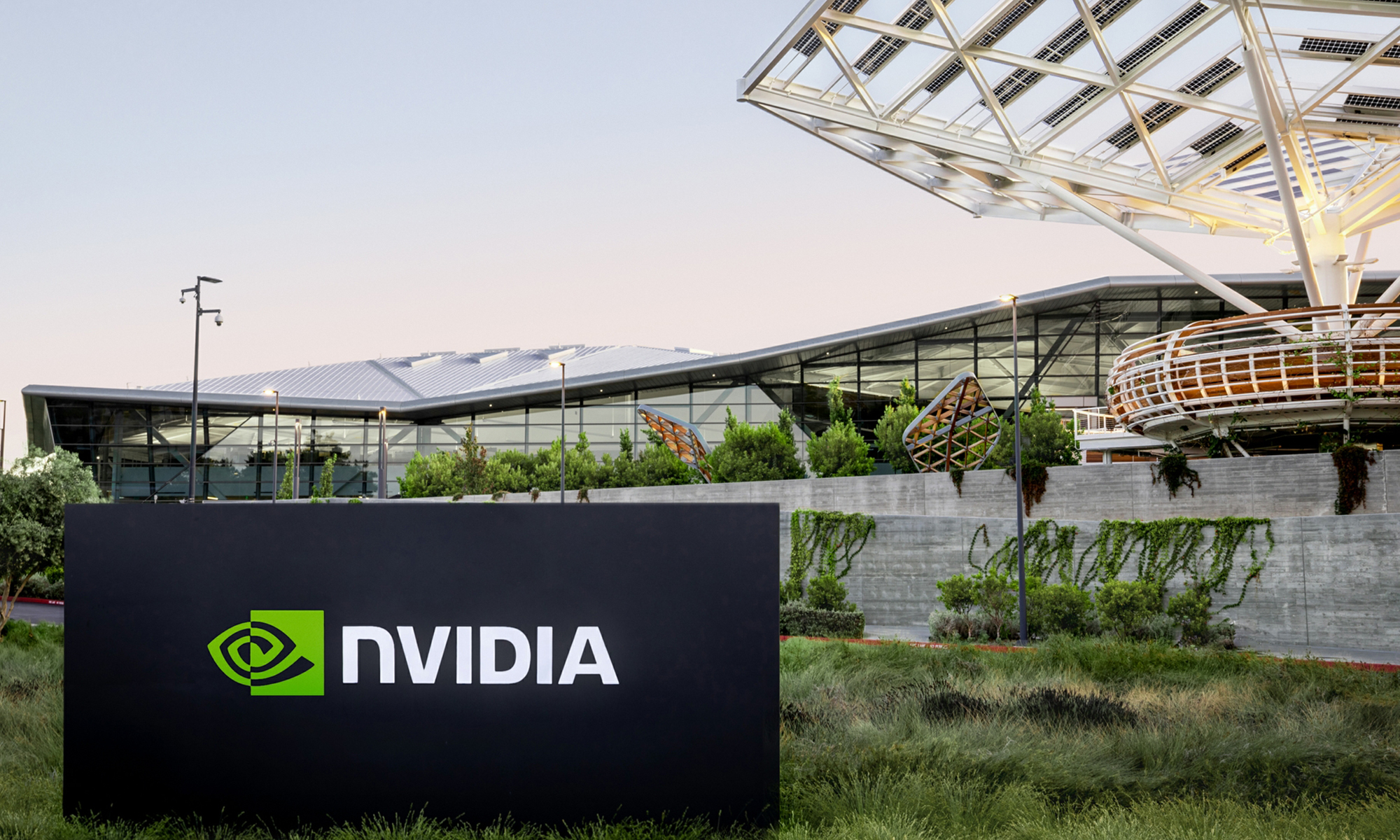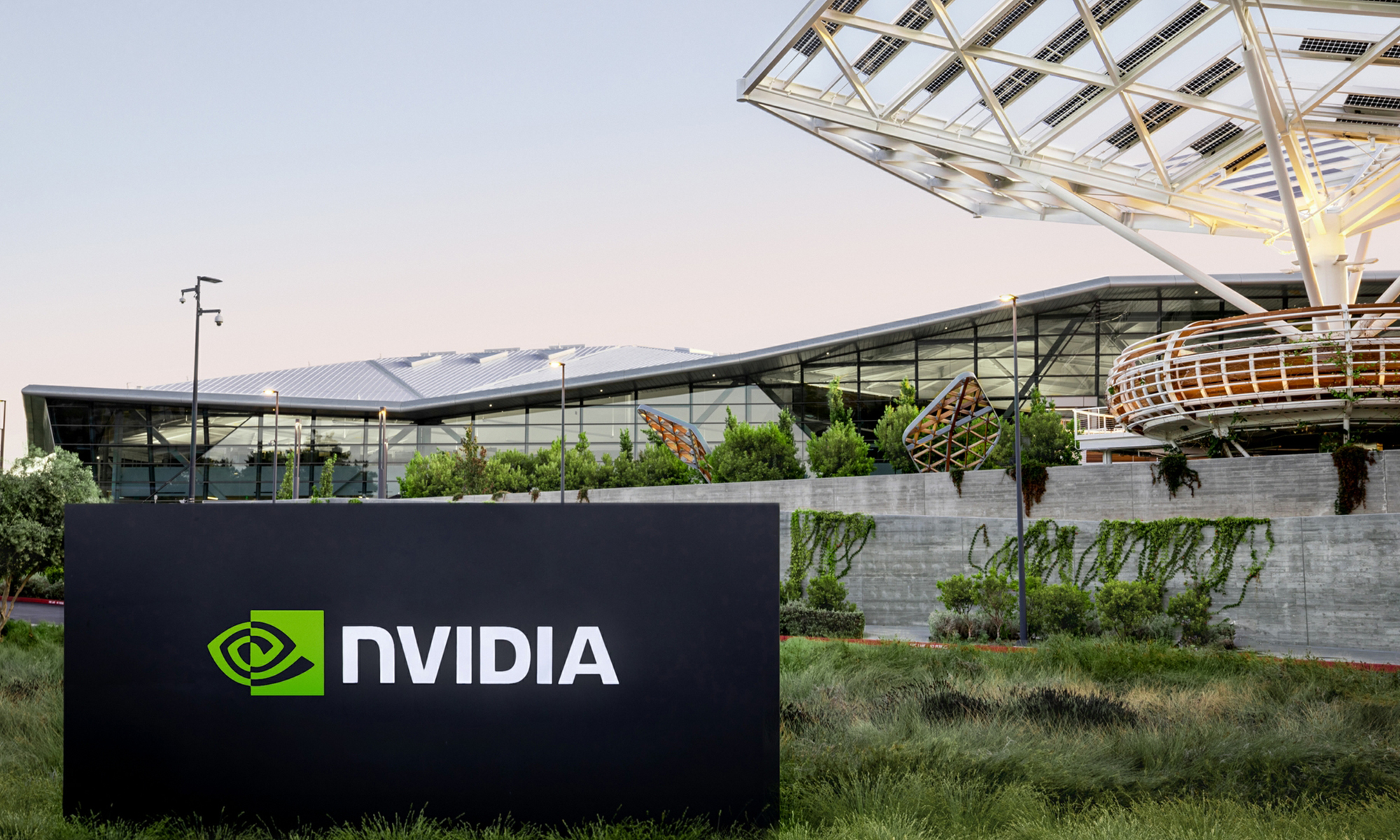Eminem, one of the most successful music artists of all time, has produced over $80 million in royalties between 1999 and the end of 2016. Now, a potential new mini initial public offering (IPO) will let fans and investors own a share of his future royalties.
On this episode of Industry Focus: Technology, host Dylan Lewis is joined by Motley Fool contributing writer Daniel Kline to talk about how that will work and whether it's a smart investment. They also break down what the risks are and why this type of investment is not like purchasing traditional shares of stock.
A full transcript follows the video.
This video was recorded on Sept. 29, 2017.
Dan Kline: What they're looking to do is, two producers who work with Eminem own or have the right or the option to own a percentage of his catalog. They're looking to put that into a company, and you would be buying shares of that company. They say in the, let's call it mini prospectus, that they would also buy other passive interests. So, unlike music, a full label, they won't be publishing music, they won't be actively licensing, they don't own a controlling interest. In theory, they'll just be sitting back and collecting revenue. And that sounds very enticing, especially if you like Eminem, if he's someone you would like to own a piece of. The problem is, as much as that passive part is nice and it comes with less overhead, that also means they don't get to make any decisions when it comes to, we need money, so let's sell an Eminem song to a McDonald's commercial. They don't have the right to do that.
Dylan Lewis: In some ways, it's kind of like owning a building. You're really just owning an asset, you're not really owning a business in the sense that, Apple sells phones and they have levers they can use to increase or decrease the number of phones that are sold every year.
Kline: You're buying a revenue stream. And the way they intend to price it is based on the idea that streaming revenues have increased. They've gone up something like 60%, I think it's 47% this year and now it's over 60% of all revenue for the music industry. And you're buying into the idea that it's going to increase. The challenge with that is, while Eminem is actually a timeless artist, and he's still going to be played 10, 20, 30 years from now, what you don't know is how much, what the radio formats are going to be, what the streaming is going to be. And yes, he's one of the highest grossing artists in terms of royalties over the last decade. But, you don't know that's a progressively upward trajectory, even if the industry is trending upwards.
Lewis: Yeah, it's something that you only have so much control over. I will say, you look at a lot of these types of investment opportunities out there, these mini IPOs, equity crowdfunded businesses, a lot of them are super early stage restaurants. I know in DC, for example, there is a distillery in Ivy City, Republic Restoratives, that went through the equity crowdfunding process. The floor on a business like that is a lot lower than the floor on a business of Eminem's royalties are, for example. Because you have this established catalog of pretty strong performing assets.
Kline: Except what you don't know is, the people managing it, are they going to take this royalty flow and buy other royalties with a five-year timeline? A 10-year timeline? What's their cash out, what's their dividend structure? Yes, it's like buying a share of the building. Rents are going to come in, and if the building has been 100% leased for the last 10 years and it has 20 years of signed leases, the numbers are going to stay the same, maybe they'll go up. But you don't know what your out strategy is. You don't know how this stock is going to track. So, in a lot of ways, this is novelty investing. Yes, if you believe in a restaurant concept, it might be nice to take a flyer on it. And if you love Eminem, to buy a few shares makes sense. But I don't think you know enough to consider this an investment.
Lewis: I'm sure there are a lot of people who might disagree with you, Dan. But I think you're generally right. The big thing when you look at these types of opportunities is, beyond, the structure is slightly different than what you might be used to with investing in stocks, what you have available to you is a little bit different. We talked about the financial disclosures. And also, the way that these types of businesses operate are just different. You look at what they're able to raise with this regulatory filing, this A plus filing, it's capped at $50 million. So, even if they are selling a relatively small portion to -- royalty flow, I said royalty exchange earlier but it's royalty flow -- really doesn't mean that the size of that portfolio is going to be that big. So, you're looking at something that is likely a very small cap or micro cap business.
Kline: Right. They're buying somewhere between a 15 and 25% interest. Once again, not a controlling interest. And it depends what they do with that money. With any of these things, the micro IPO could be a partial cash out for the people who only asset. So, you have to look very carefully at everything they say they're going to do with the money. But, because of the reporting structure, they're not as obligated, and they don't face the same financial pressures. You're going to see some credible mini IPOs. The Chicken Soup for the Soul books and videos, for example, is on the path to a mini IPO, and that's a long-standing business. There's a lot of financials you can look at, there's a lot of history, you can pull up a best-seller list, video playlists. But when you look at something like the Eminem IPO, it's uncharted waters. Really, the closest thing is the David Bowie bonds, where he sold the rights to all his royalties for 10 years so he could get the cash up front, and that wasn't a disaster, but it did not turn out particularly well for the people who bought those bonds.
Lewis: So, Dan, I am not an 80s baby. I was born in 1990 and did not have my coming-of-age in the 80s. Would you mind giving a little primer on the Bowie bonds and what happened there?
Kline: Basically, David Bowie is a very experimental guy. He's obviously no longer with us. He has an Eminem-like, perhaps even more impressive, catalog of hits. And investors came to him and said, "We could get you," and I forget the number, but let's pretend, "$50 million, we can get it to you now, in exchange for the rights to whatever royalties come in for the next 10 years." And part of the reason this was not a great deal was, David Bowie was alive at the time of this, and he's an artist who cared about his music. So, he wasn't going to say, "Ooh, these people have all my royalties, I'd better be in every movie, I'd better sell to every commercial, I'd better be on every streaming service," whatever it was at the time. So, the actual returns that they got didn't equal what was put in. And I fear with the Eminem case, it's the same kind of thing. It's not like his royalties are going to dry up. He made $82 million in royalties between 1999 and 2016. That's not going to go away. But, it's not necessarily going to increase dramatically, because he's not going to take every opportunity, and that decision is very much in his hands. Eminem has absolutely nothing to do with this offering.
Lewis: And that's nuance that you just don't have when you're talking about standard company investments. The company management pretty much insert any small, mid or large cap business, they need to have their shareholders' interests in mind when they make a lot of decisions. And ultimately, they are serving their customers, shareholders and employees. Eminem has no obligation to the people who would be owning these shares.





